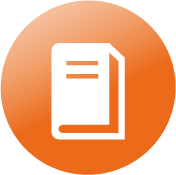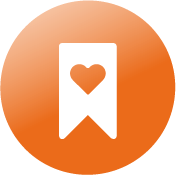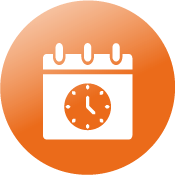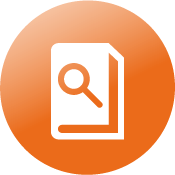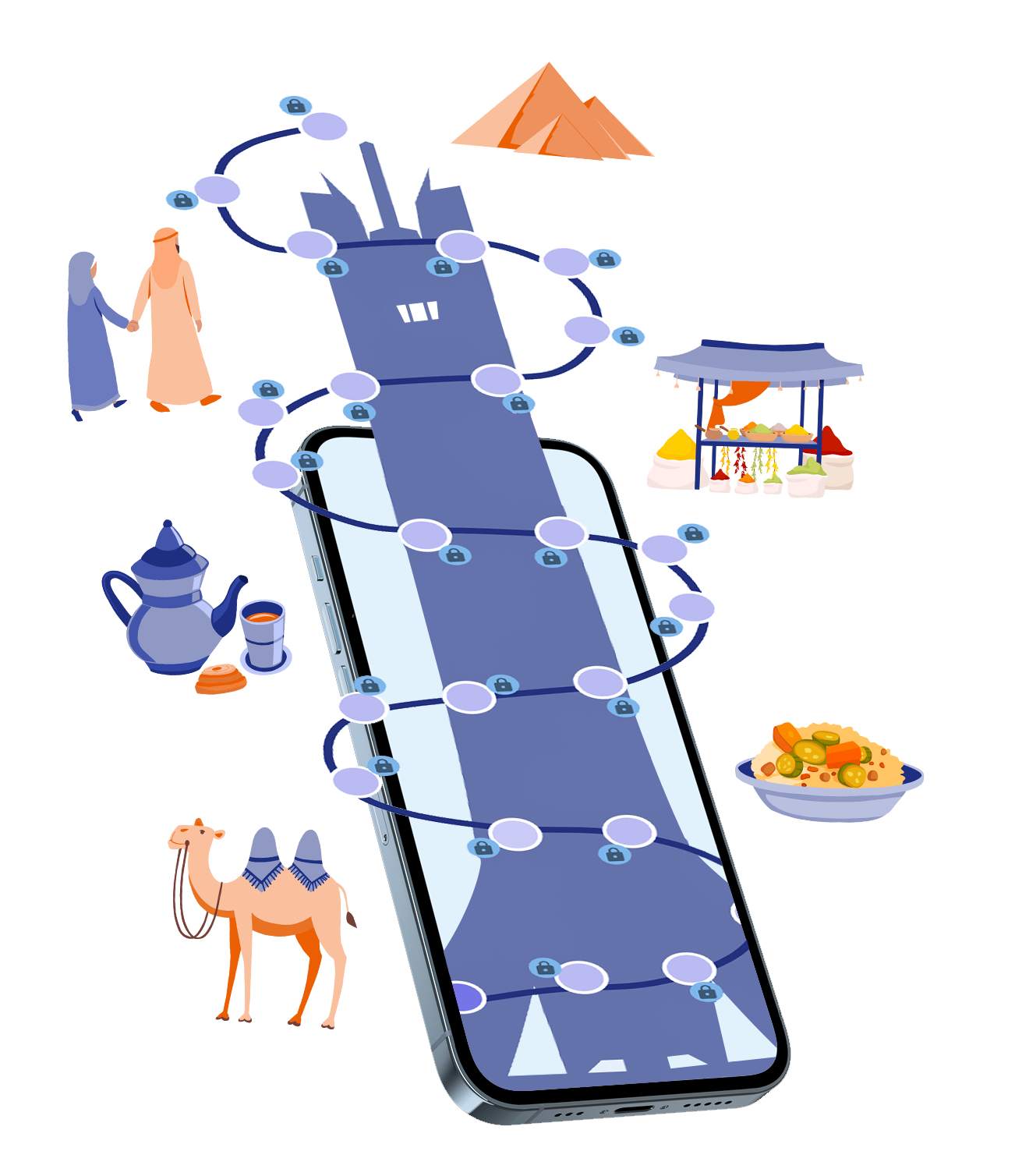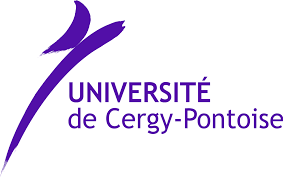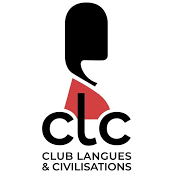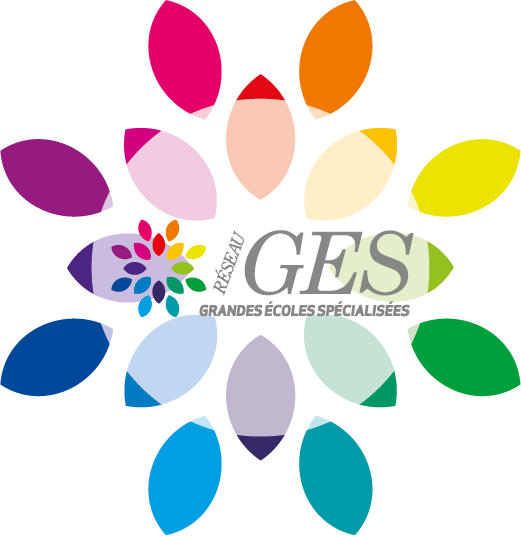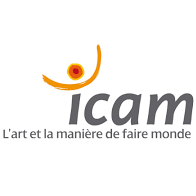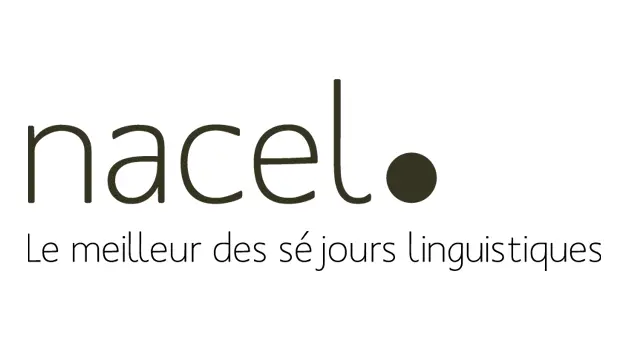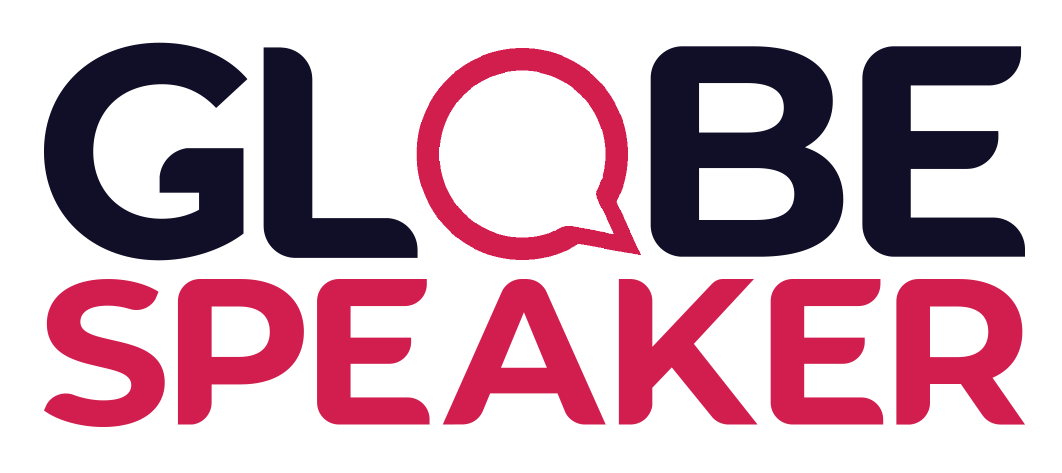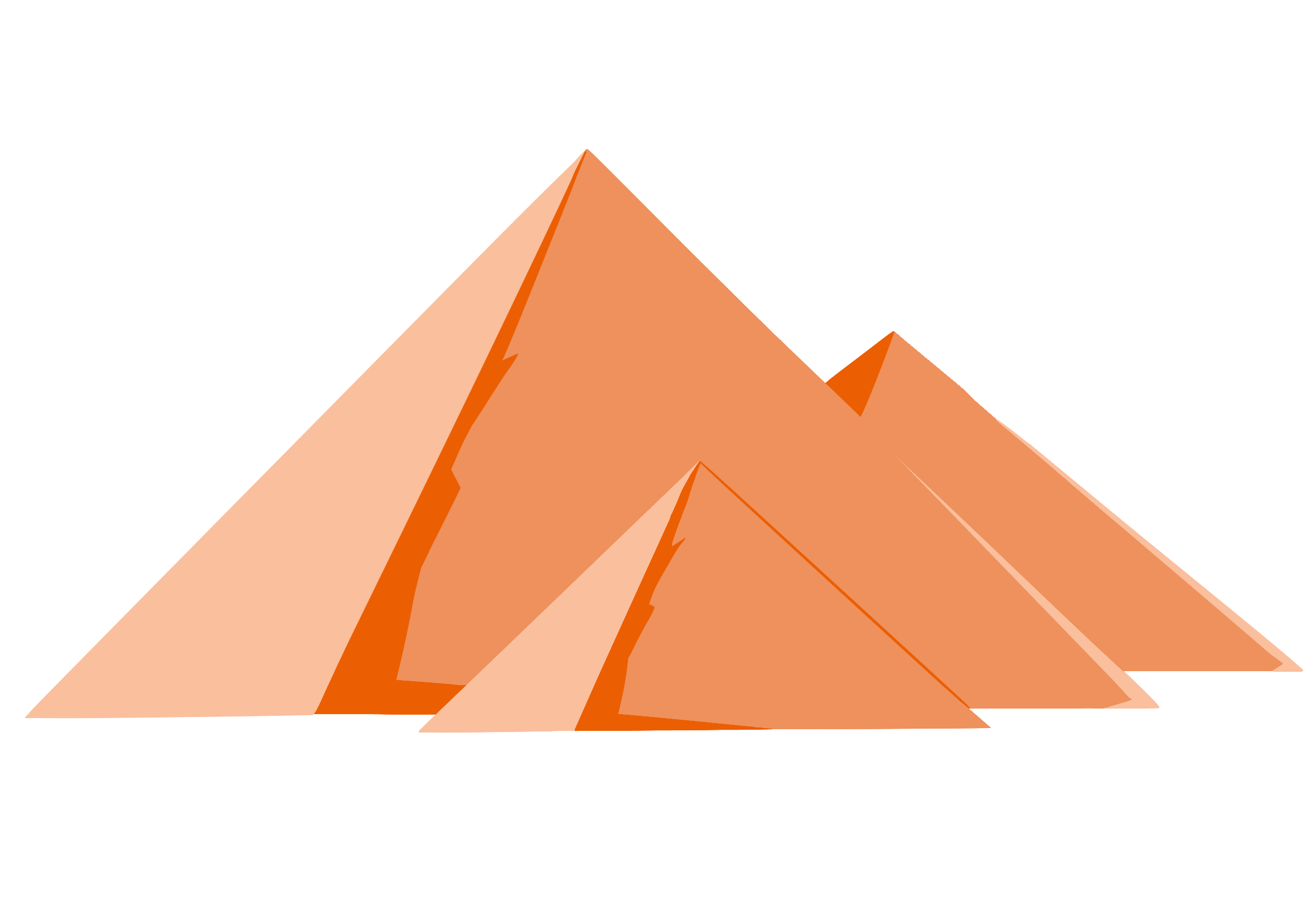
How to learn the Arabic alphabet quickly
 Learn now
Learn now
Summary
of the page
>
Importance of the Arabic alphabet in language learning
>
Steps to Learn the Arabic Alphabet
>
Effective Methods for Learning the Arabic Alphabet
>
Practical tips for memorizing the Arabic alphabet
L'alphabet arabe est la pierre angulaire de l'une des langues les plus parlées et influentes au monde. Composé de 28 lettres, cet alphabet se distingue par sa beauté calligraphique et sa complexité unique. Chaque lettre de l'alphabet arabe peut prendre jusqu'à quatre formes différentes selon sa position dans un mot, ce qui en fait un système d'écriture fascinant à apprendre. Pour les débutants, comprendre l'alphabet est la première étape essentielle pour apprendre l’arabe, que ce soit pour la lecture, l'écriture ou la communication.
The importance of the Arabic alphabet in language learning
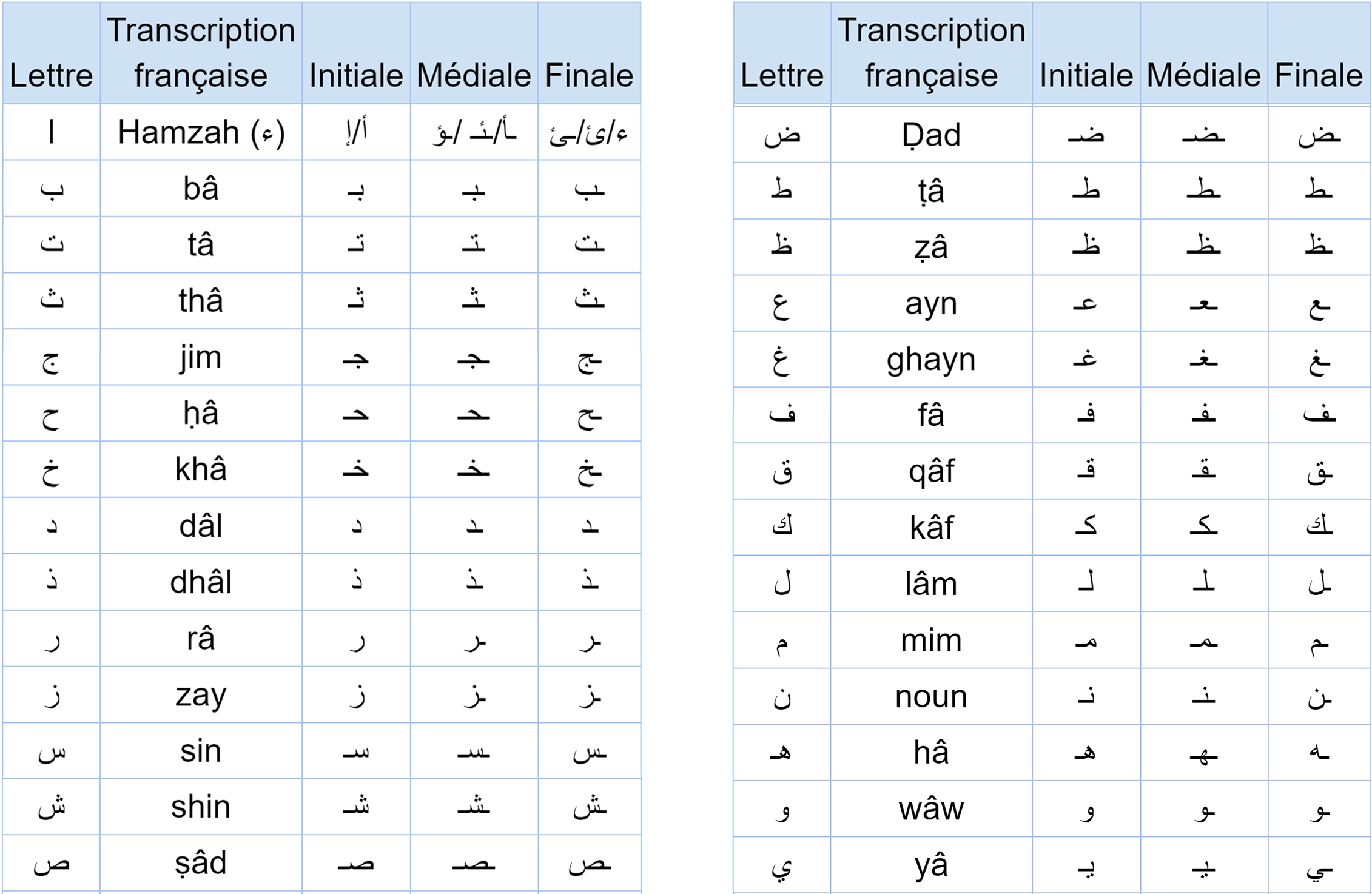
Arabic Alphabet
Steps to Learn the Arabic Alphabet
Recognizing letters
The first step is to visually recognize each letter of the Arabic alphabet. This involves becoming familiar with the appearance and shape of each letter, understanding that some letters may look the same, but differ in small details, such as the dots above or below them. Tools such as memory cards or alphabet charts can be very useful for this step.
Pronunciation of letters
Once you're able to recognize the letters, the next step is to learn their pronunciation. Arabic has sounds that may be new to non-native speakers. non-native speakers. It's important to practice the pronunciation of each letter, ideally with the help of a native speaker or audio resources, to ensure that you that you capture the nuances of the language.
Letter shapes in writing
The Arabic alphabet changes shape according to the position of the letter in a word (beginning, middle, end, or isolated). Learning these different shapes is crucial to reading and writing writing in Arabic. This step may require regular practice through handwriting and the use of specific exercises to familiarize yourself with the different letter forms in context.
Effective Methods for Learning the Arabic Alphabet
To master the Arabic alphabet, there are several effective methods that can facilitate and accelerate the learning process. These methods use modern, interactive tools to make learning more engaging and fun.
Use of Educational Applications
Educational apps are an excellent way to learn the Arabic alphabet. They often offer an interactive and visual approach, ideal for beginners. These apps can include guided lessons, pronunciation exercises and games to reinforce letter recognition. What's more, they often enable personalised learning, adapted to the pace of each user.
Memory Cards and Educational Games
Memory cards are a classic but effective tool for memorising the Arabic alphabet. They can be used to revise regularly and reinforce letter recognition and pronunciation. and pronunciation. Educational games add a fun element to the learning process, which can be particularly beneficial in keeping learners interested and motivated. and motivation.
Le Serious Game Globe Speaker
Globe Speaker is an innovative way to learn the Arabic alphabet. This educational game combines learning and entertainment, offering an immersive and interactive experience. It guides users through different levels where they can practise letter recognition, pronunciation and even start to form simple words. This type of game is ideal for those looking for a more dynamic and engaging learning method.
Practical tips for memorizing the Arabic alphabet
Memorising the Arabic alphabet can be a challenge, but with the right strategies, the process can become easier and more effective. Here are some practical tips:

Daily Rehearsal
Repetition is the key to memorising. Set aside some time each day to revise the letters, even for short periods.

Matching images to letters
Using images or visual associations can help you remember letter shapes.

Singing the Alphabet
Learning an Arabic alphabet song can make memorising more fun and effective.

Write Regularly
Practise writing letters by hand. This helps to anchor their shape in your memory.

Using Multimedia Resources
Educational videos and audio recordings can reinforce your aural and visual learning.
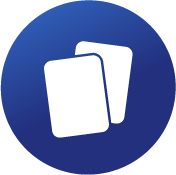
Creating Memory Cards
Make or use memory cards to regularly test your knowledge of letters.
Your questions
on learning Arabic
Can I learn Arabic on my own?
Which countries speak Arabic?
How can I learn Arabic at home?
How do you say hello in Arabic?
What's the best way to learn Arabic?
What kind of Arabic should I learn?
Language Club
The blog that tells you everything about languages


Language Club
The blog that tells you everything about languages


All languages to learn
Certification preparation courses available

Toeic
They learned a new language with Globe Speaker





Organisation efficace et personnalisée selon mes objectifs de formation.

Aurélie • 34 ans
Niveau A2 à B1 - Abonnement Premium CPF





Rien à redire, super.

Florian • 24 ans
Niveau A1 à A2 - Abonnement Standard





J'ai apprécié de travailler sur la plateforme Globe Speaker, autant de fois que je le voulais ou pouvais, ainsi qu'avec Maria pour la partie coaching.

Véronique • 41 ans
Niveau A2 à B2 - Abonnement Premium CPF





Très bonne organisation avec suivi de la formation.

Boumédiane • 29 ans
Niveau A2 à B2 - Abonnement Premium CPF





Plateforme très pédagogique, et adaptée à tous les âges. J'ai vraiment eu l'impression d'apprendre.

Maria • 28 ans
Niveau A1 à B1 - Abonnement Premium

